From Fog to Focus: Starting a Nonprofit Without Losing Your Nerve with Traci DeForge
If you’ve ever felt a tug to start a nonprofit but got stuck in the “is this…complicated?” fog, you’re not alone. In a recent conversation on the Nonprofit Council podcast, host May Harris sat down with Traci DeForge—founder/CEO of Produce Your Podcast and co-founder of the Podcast Professionals Association (a 501(c)(6) in formation)—to talk about turning healthy fear into informed action. The episode is a masterclass in meeting people where they are, building smart structures from day one, and keeping your mission (not the paperwork) at the center.
When "Healthy Fear" Becomes a Strategic Asset
Traci admits she spent years intimidated by nonprofit rules and regulators. That honesty will resonate with a lot of would-be founders. May, and her firm, For Purpose Law Group, reframed it: keep the fear if it helps you slow down, then convert it into respect—for the IRS, for state charity regulators, and for the public or members you’ll ultimately serve. Respect leads to better decisions, fewer missteps, and far less cleanup later.
Choosing the Right Path
Traci initially assumed a classic 501(c)(3) public charity—but her trade association’s mission fit a 501(c)(6) business league better. That fork in the road matters:
501(c)(3) revenue typically comes from gifts/grants/contributions and fee-for-service (think museum admission, school tuition, hospital reimbursements). Donors can receive tax-deductible receipts.
501(c)(6) organizations can also host events and collect dues, but member payments and event gifts aren’t tax-deductible as charitable contributions. That’s not a flaw; it’s about aligning structure with purpose.
The bigger point: the right designation depends on who you serve and how—don’t force your vision into the wrong container.
Boards are a Feature, Not a Bug
For-profit owners can fly solo. Nonprofits can’t—and shouldn’t. A thoughtful board spreads the workload, provides guardrails, and reinforces public or member trust. May’s practical rule of thumb: start with three truly engaged directors (avoid familial or financial entanglements when you can). A stable “tripod” helps navigate conflicts of interest, oversight, and strategy without gridlock.
Yes, Compensation Can Be Part of the Plan
Founders don’t have to work for free. They do need to handle compensation the right way:
Treat organizational assets like they’re not yours—because they aren’t.
Have a disinterested majority of the board set compensation; founders recuse themselves from the decision.
Keep it reasonable. Benchmark your role and budget against peers (public Form 990s are your friend).
Document the process. If anyone ever asks, you’ll have the story—and the data.
Reasonable, board-approved, well-documented compensation honors both mission and stewardship.
Start Smart Before You File Anything
Traci’s first consult with May began with a deceptively simple question: What have you already filed? The best-case answer—“nothing yet”—lets you avoid undoing mistakes. Before you submit articles or exemption applications, invest in pre-work:
Clarify your beneficiaries and outcomes (who, what changes, how you’ll know).
Map real revenue streams (not just “we’ll fundraise”).
Outline expenses, governance, and early-stage staffing or volunteer plans.
Pressure-test co-founder alignment on vision, roles, and authority.
That pre-work is not bureaucracy—it’s your first act of impact.
Final Thoughts
Starting a nonprofit shouldn’t feel like walking through fog. The clearer you are about your purpose, structure, board, and revenue, the fewer surprises you’ll face—and the faster you’ll get to impact. Let healthy fear do its job (slow you down just enough to make good decisions), then convert it into respect for the rules and a plan you can stand behind.
Do the pre-work before you file anything, and remember: you don’t have to do this alone. With the right guidance and a bit of upfront discipline, you’ll move from fog to focus—building a nonprofit that lasts.

